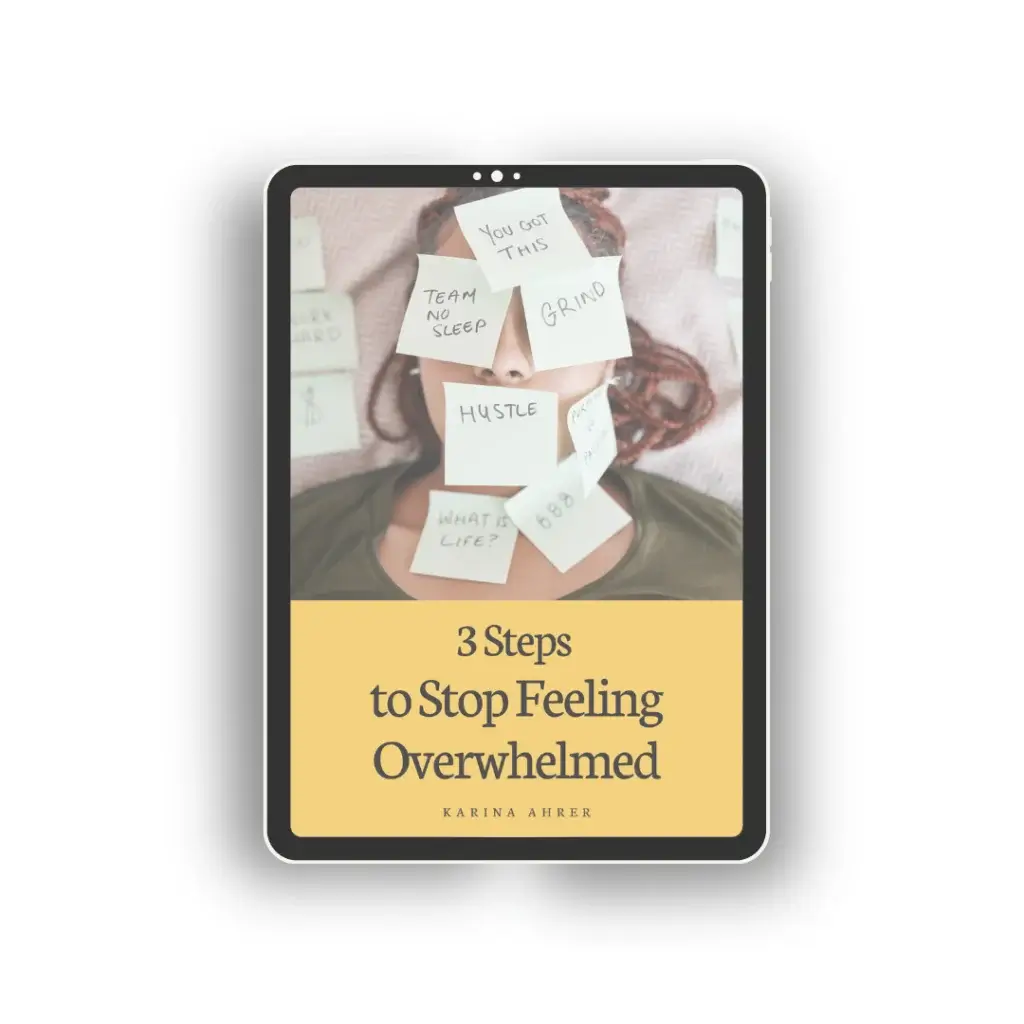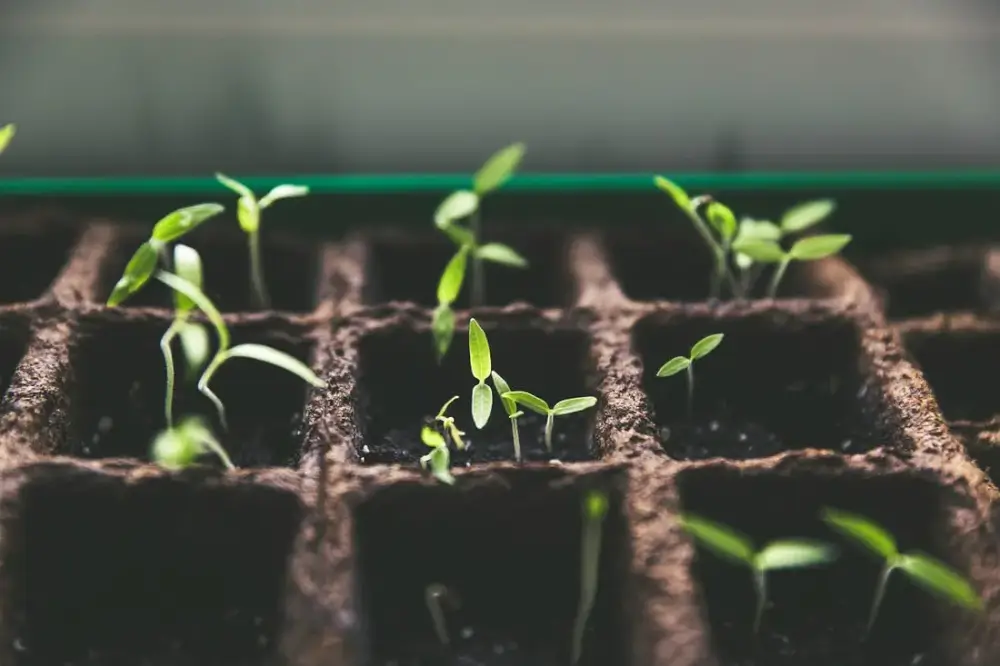Elevate your life beyond financial gains
One of the many pieces of advice you get from personal finance gurus is to do self-investments because this will get you the most ROI (return on investment).
What I always ask myself then is:
- What is an investment in myself?
- What should I buy myself that is an investment?
- How do I know if this is an investment in myself or a waste of time?
- Is it an investment in myself or am I just buying nice pieces?
“The best investment you can make is an investment in yourself. The more you learn, the more you’ll earn.”
— Warren Buffett
To answer these questions, I share 3 things I’m investing in myself as examples. Those can be different and should be based on your priorities and not on any advice from personal finance gurus.
You can take the examples and see for yourself if they fit with you. If they don’t, you can find other parts to invest in, or you can just double down on the one that fits you.
For example, I’m investing most of my money in point 1 (online courses) and less in tools.
(Online) Courses
You can get as many freebies as you want, but investing in an actual course is helping you improve and take action on the lessons learned.
There are so many courses and seminars out there. It can be overwhelming.
Almost everyone on the internet has some course, asset, or book on a specific topic.
It’s crazy how much information is on the internet.
Not everything is good or helpful.
There are two options I’m using to make sure I get a good course:
- I’ve been following the creator before:
I read his freebies and newsletter to figure out if they are offering the skills and experience I need. - I’m subscribing to online learning platforms like Skillshare:
They have some quality management behind them, so you can trust that the courses are good and the lectures have experience. - Find official institutes or education near you:
Old-school evening schools, tutoring, or seminars in your town also offer great value (but those are usually more expensive).
Find people who really care about their customers, and who are where you want to be in the future.
Find the masters that care, and not the rookie who is just beginning and only has half figured out.
This is the point in which I’m investing most and where I get the most return on investment.
I just invested in an online course about Instagram, and it helped me:
- figure out reels
- explained features I didn’t see yet
- find a community of like-minded people
- specify my target group
- find the motivation to experiment
This is usually not just about the content, but also about the community, the mindset, and the motivation to start implementing what you are learning.
Equipment For Your Side Hustle
Establishing more income sources next to work could be an important investment for you.
You will be more independent, and you can earn more.
More and more people start something next to their job because relying on only one job is not secure enough anymore.
A side hustle needs investment to start, but it’s less than you think.
You don’t need 30,000 € to start, which is probably way too risky to invest in an early stage.
You can start small with your side hustle online:
- Writing
- Posting on Instagram or TikTok
- Videos on YouTube
- Podcasts
- Freelancing
As you can see, I’m writing online, and I’ve invested in tools like:
- Scheduling Twitter posts
- Running my website
- Medium subscription
- Twitter Blue
If you are starting to do podcasts, then invest in a good microphone.
If you are starting to write, then invest in a journal or writing platform.
Whatever you want to do: invest in yourself and your successful future.
Be aware to not invest in every “cool” tool you find online. You don’t need everything.
For example, I probably wouldn’t need my website. There are free tools too, but it was a personal decision to have my own website.
You can decide if you want to pay for X, Instagram, or LinkedIn Premium versions.
You can try it out and see if it makes a difference in your growth.
“The way to get started is to quit talking and begin doing.”
— Walt Disney
Self-Care
The most important part of life is yourself and your body.
Without your body and your health, you cannot do anything.
Still, we are not taking enough time to take care of ourselves.
Usually, everything else is more important than us.
But without taking care of yourself, you won’t be able to help, take care of others, or be successful.
Self-care means taking time for yourself every day to do something just for you.
You can choose what you want to do in this hour or 30 minutes.
You can get tips and ideas from others online or on social media, but in the end: it is time for your own self-care, so you decide.
What I’m doing:
- Meditating 10 minutes daily
- Skincare every day in the morning and evening
- Eating healthy
- Going for walks
- Exercising or stretching every day
- regular check-ups at my doctors
Those things help me stay calm and healthy.
I’m doing all of them every day, but I’m trying to fit them, at least, into my morning or evening routine.
You don’t have to change your life all at once.
Start with small steps of 5 minutes per day, make it a habit, and then increase the time.
Small, consistent steps are more important than gigantic leaps that you give up in a week.
Life consists of small steps every day.
What I’m going to add in the future to invest in my self-care:
- new mattress
- regular massages
One important note: don’t start with self-care when it’s already too late and you are burned out or sick.
Self-care is about doing small things regularly to prevent big, bad hiccups later.
This is an investment in your future health (mentally and physically).
“It is so important to take time for yourself and find clarity. The most important relationship is the one you have with yourself.”
— Diane von Fürstenberg
Conclusion
Those three things I mentioned will give you a high return on investment (ROI) because you are investing in yourself.
You are responsible and in charge of your decisions and what to do with the money spent.
If you bought the online course, then you actually have to go through with it!
Don’t let it rot like all the books you bought and still want to read!
Take a few minutes every day and take small investments in yourself.
“Invest in as much of yourself as you can, you are your own biggest asset by far.”
— Warren Buffett
Less Stress. More Time. Less Overwhelmed!
Get your free copy of my 3 steps!

Get daily insights, motivation, and inspiration:
If you are as addicted as I am to reading books, check out my favorite books!


